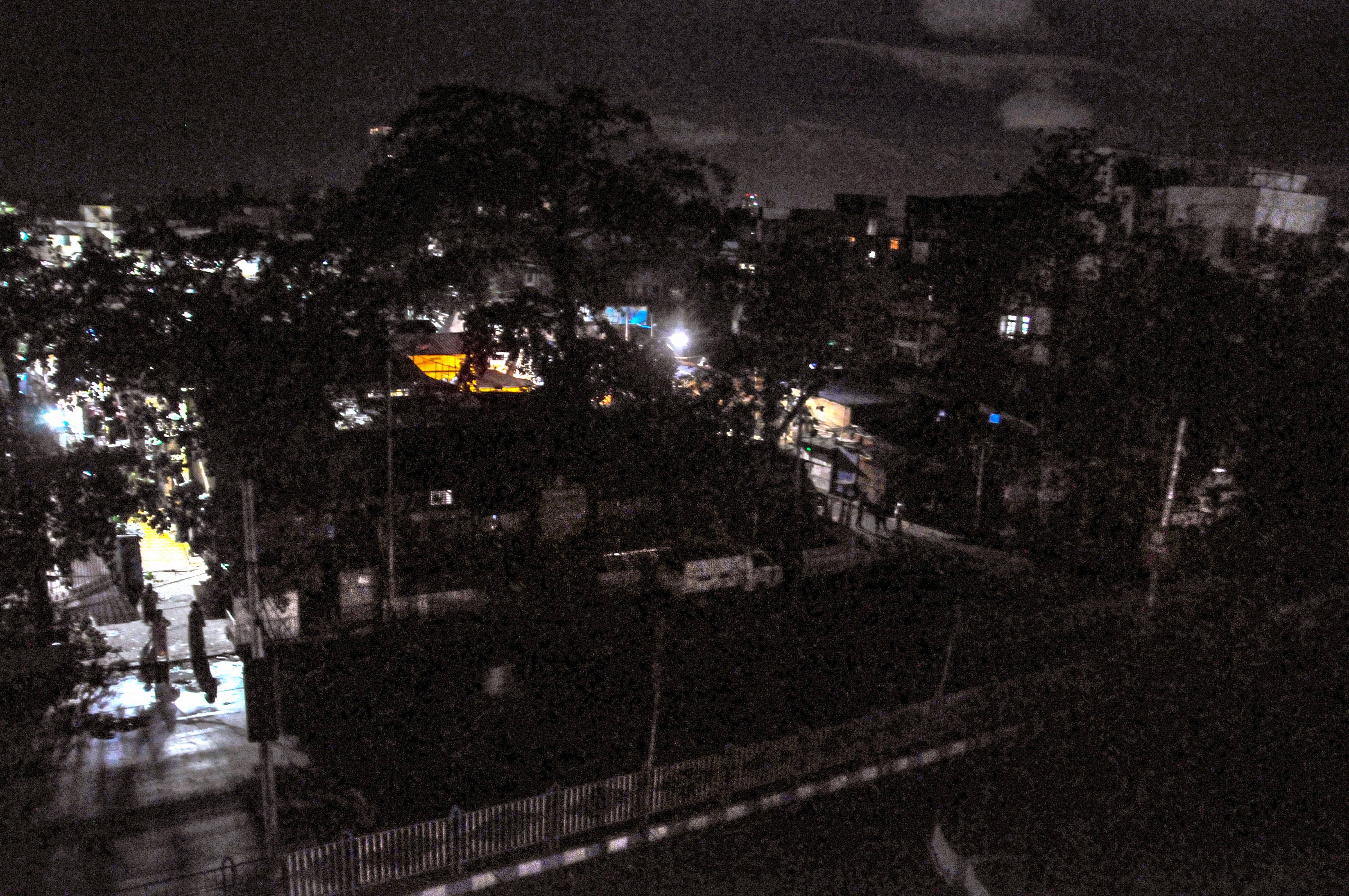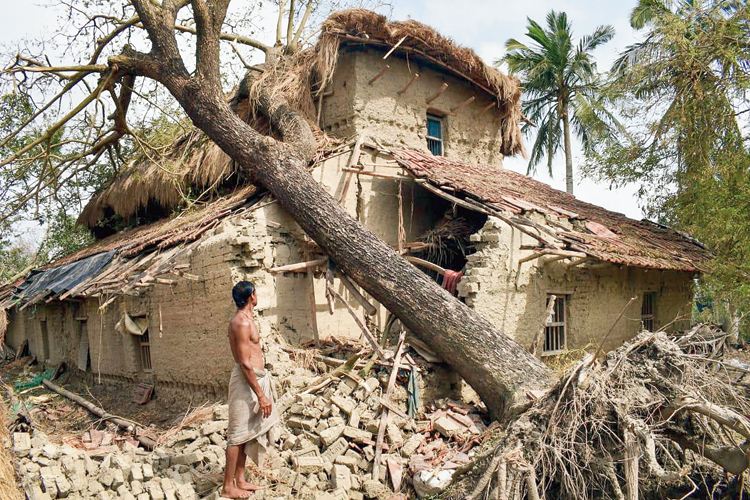Prolonged outage seems to have led to severe outrage. Several parts of Calcutta have witnessed spontaneous demonstrations and roadblocks after residents alleged that households in large parts of the city had to do without electricity and water for hours, even for days in some cases, after Calcutta was battered by one of the strongest cyclones in decades. The outrage is understandable: as it is, anxiety concerning a fearful pandemic — the coronavirus — and the consequent disruptions in public life have put nerves on edge. The upending of civic amenities — power, water, mobile and internet connectivity — as a result of the destruction caused by the cyclone, Amphan, struck the match that lit the proverbial powder keg.
Yet, as the chief minister, Mamata Banerjee, has pointed out, this is not the hour of rage but of reflection. The scale of the crisis that has engulfed the state and the city is unprecedented. In Calcutta alone, there are reports that over 2,500 electric poles had been uprooted, 218 traffic signals damaged and an estimated 12 lakh people left without electricity initially. The situation in the districts is far worse. In a welcome move, Ms Banerjee had called in the army and other central agencies to lend a hand to an embattled administration. The municipal agencies must get their act together even though there is evidence to suggest that the restrictions that are in place as a result of the Covid-19 pandemic have led to a considerable depletion of resources and manpower, slowing the restoration initiatives further. But a crisis can also be an opportunity. Once a semblance of normalcy has been achieved, Ms Banerjee should take urgent steps to modernize Bengal’s disaster response apparatus. The Calcutta Municipal Corporation apparently has only 110 experienced tree-cutters. Given the possibility of the recurrence of natural calamities on account of climate change, the government must arm its disaster management wing with adequate funds and trained personnel. There is also a case to examine the virtual monopoly that exists in Calcutta’s power sector. Lack of competition is known to result in poor services. A fleet-footed government and robust public utility services can instil confidence in the minds of a besieged people. With elections looming on the horizon, Ms Banerjee cannot afford to have her political rivals add fuel to the fire.













